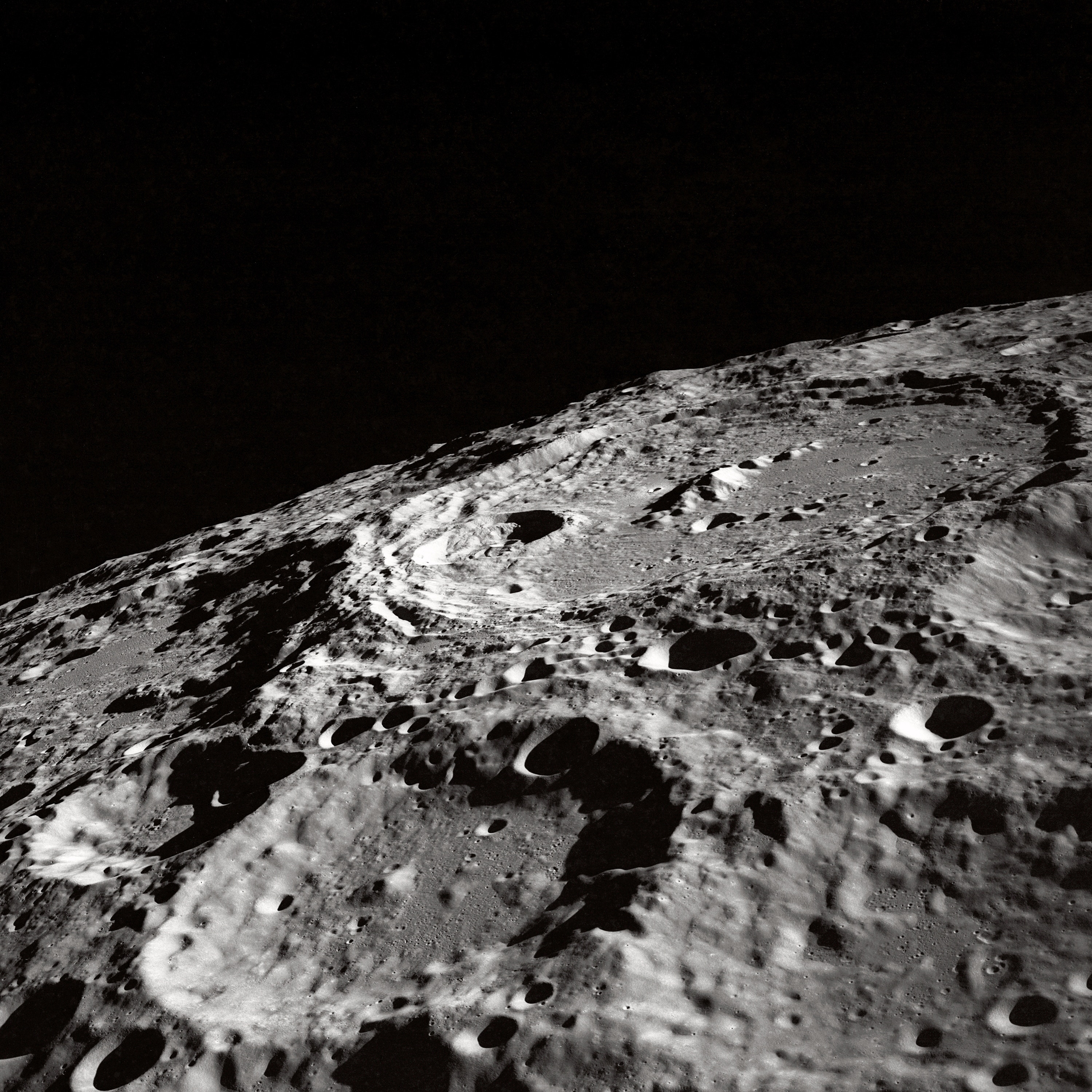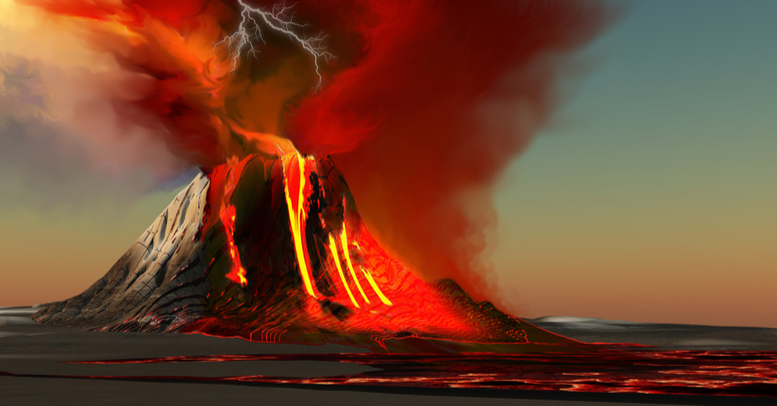Article II of the United Nations 1967 Outer Space Treaty, which governs the activities of states in the exploration and use of outer space, including the Moon and other celestial bodies, states that the Moon:
“…is not subject to national appropriation by claim of sovereignty, by means of use or occupation, or by any other means.”
In other words no country can claim ownership of the Moon. But Dennis Hope, a struggling actor who was looking for a new line of work in 1980, read that sentence a little differently.

According to Hope, the treaty does not bar individuals from claiming sovereignty over the Moon. So, he wrote a polite letter to the United Nations informing them that he owned the Moon and started selling plots of land on it.
Since 1980 he has sold over 16 billion acres of lunar real estate to over seven million individuals in 197 different countries through his company Lunar Embassy and made millions of dollars. He once sold a country-sized plot of lunar land, 2.66 million acres of lunar land, for $250,000.
He’s the first extraterrestrial real estate tycoon.
Who would buy lunar real estate? Three former Presidents of the United States (George H.W. Bush, Jimmy Carter and Ronald Reagan), current president Donald Trump, and numerous celebrities, including Tom Cruise, Tom Hanks, George Lucas (of course!) and Nicole Kidman.
Is any of this legal? He doesn’t really own the Moon, does he?
No, he doesn’t, nor does he own Pluto, which he offers in its entirety for an enticing $250,000.
Professor Anupam Chandler, a law professor at UC Davis who’s just one of many experts to weigh in on Mr. Hope’s business, says that just one of the many reasons Mr. Hope can’t protect the property rights he promises to purchasers is that there’s no governing body to grant the right to a celestial body. No recognized government does that.
Naturally, Mr. Hope fixed this problem by forming his own government in 2004 complete with a ratified constitution, a congress, a unit of currency, and even a patent office.
When China’s space program recently announced plans to send a rover to the Moon, Mr. Hope sent them a polite letter granting them permission to explore, but informed them that any permanent settlement would have to be preempted by a lease with the property owner.
They didn’t get back to him.
Take a Virtual Tour of the Moon
If you’re thinking about buying some lunar real estate of your own, why not have a look at the Moon first.
Below is a virtual tour of the Moon in all-new 4K resolution, produced with data provided by NASA’s Lunar Reconnaissance Orbiter spacecraft.
Other Extraterrestrial Land Disputes
A German man named Martin Juergens claims that the Moon has belonged to his family since 1756, when Frederick the Great presented it to his ancestor Aul Juergens as a symbolic gesture of gratitude.
In 1997, three men from Yemen sued NASA for landing on Mars without permission. They claimed that they had inherited the planet from their ancestors 3,000 years ago. Their claim was based on the mythologies of the Himyaritic and Sabaean civilizations, which existed between 2000 and 3000 B.C.
Gregory W. Nemitz sent NASA an invoice of $20 for parking a spacecraft Asteroid 433 Eros, which he claimed to have ownership of through his company Orbital Development. NASA declined to pay, citing a lack of legal standing.
About Punctual Abstract
Punctual Abstract is a national title abstracting company located in Harvey, LA. Whether you need an abstractor for a certain county or region, or you’re looking for a national provider, Punctual Abstract is here to help.
We have extensive experience performing commercial and residential abstracts of all kinds and perform complete title searches plus attorney opinion package-deals all with the same average turn-time of 24-48 hours!
Visit our homepage or contact us today for more information.



